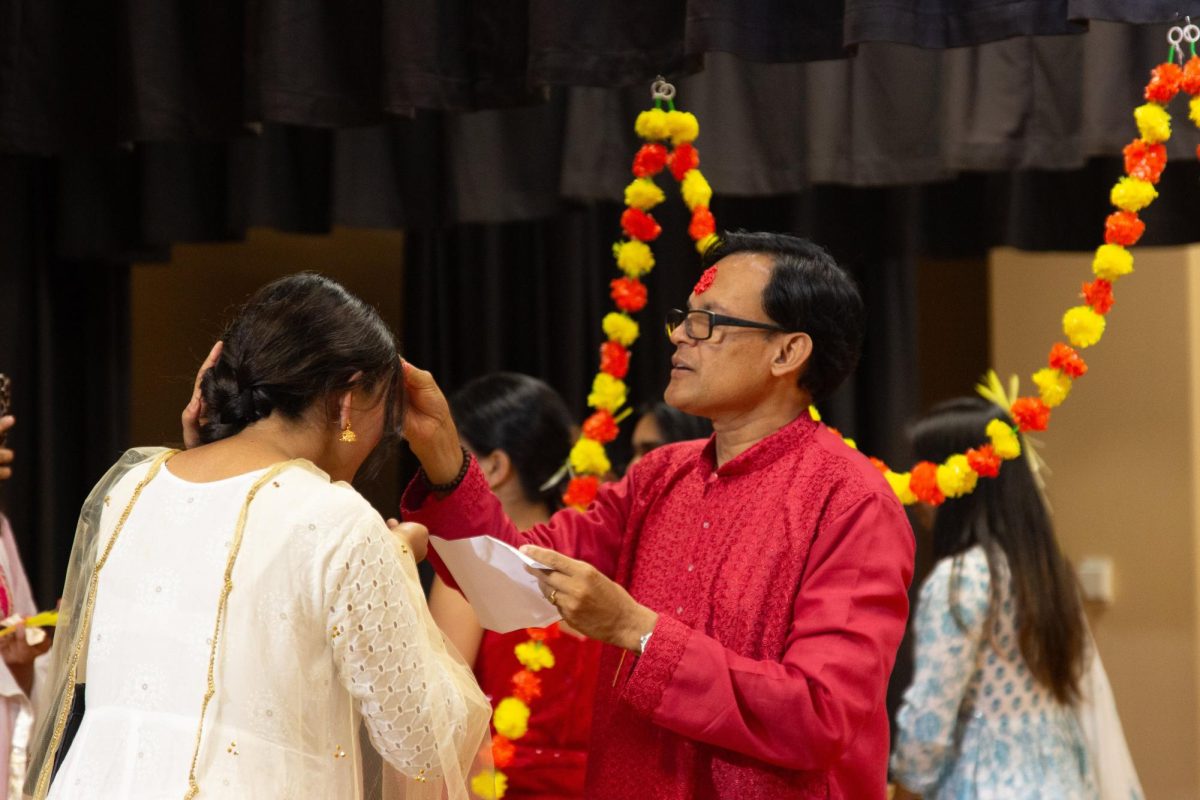
ULM professors Winnie Tomeny and Joyce Zhou hosted a two-day Lunar New Year event on Feb. 1 and Feb. 6. The event invited students and staff to learn about the culture surrounding Lunar New Year and engage in foreign activities.
Lunar New Year is a festival celebrated in Asian countries that “begins with the first new moon of the lunar calendar and ends on the first full moon of the lunar calendar 15 days later,” according to Britannica. The festival lasts from Jan. 29 to Feb. 12 in 2025.
Due to the event’s Chinese origins, the festival heavily incorporates the Chinese zodiac. The calendar assigns animals to each year, and these animals supposedly share traits with people born in those specific years. The Chinese zodiac cycle restarts every 12 years.
2025 is the Year of the Snake, specifically the Wood Snake. The snake represents wisdom, intuition, and transformation. The wood element adds another layer to this description. According to MSN, people associate wood with creativity, expansion, sociability, and charm.
“Zhou and I felt that we are lacking in promoting Asian and Chinese culture,” Tomeny said. “We celebrate the whole Lunar New Year. It is like Christmas for us. We wanted to spread the good news, good fortune, and happiness.”
Both days included a variety of activities for attendees. Students made lanterns, translated their names into Chinese characters, and posed in a photo booth. Tomeny and Zhou also offered Panda Express and mooncakes.
For many students, ULM’s take on Lunar New Year allowed for a completely new experience.
“I got to try Panda Express for the first time,” freshman business administration major Zach Cromwell said. “I had never had it before, and it was a good experience because it was really good food. It made me want to try the place more.”
While some mentioned a love for the food, others appreciated their translated names. Tomeny translated junior Spanish major Joycelyn Bolden’s name, with the first character representing celebration and the second character meaning knowledge.
“I thought it was really cool and interesting how Chinese characters are so intricate,” Bolden said. “Each line means something or represents a person or an object, and it actually looks like what it’s representing.”
While Asian countries celebrate Lunar New Year, it is important that students have the opportunity to learn about cultures outside their own. Events such as these offer an educational experience in a fun but still informative way.




